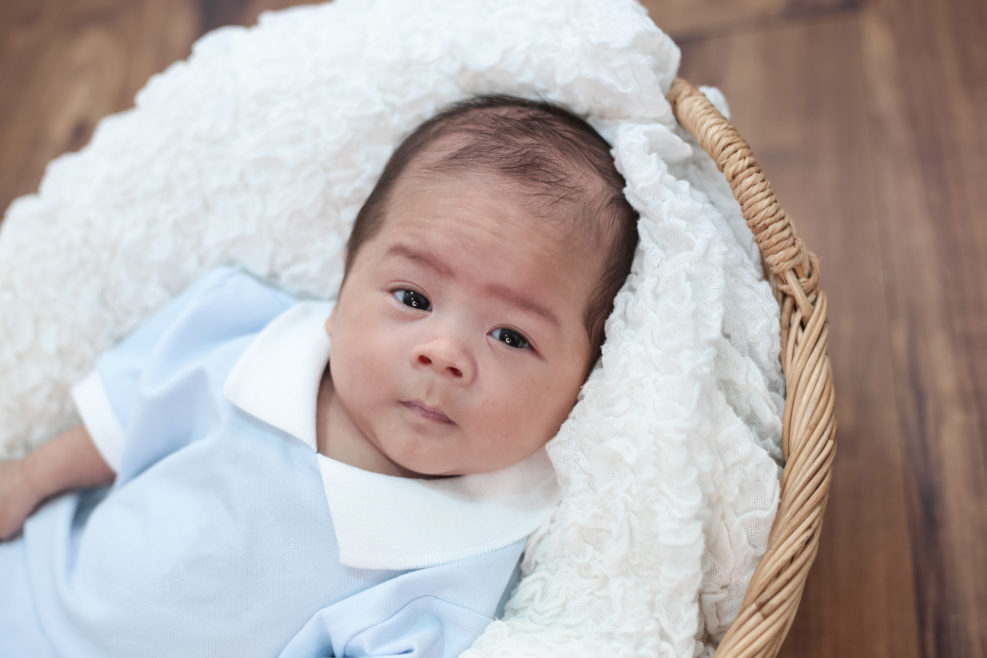
Researchers Locate 440 Genes That Develop Each Brain Differently
Large-scale MRI and genetic datasets are helping us understand the common variants of the genes that help build the human cerebral cortexTo map regions of the brain to specific genes, researchers at the University of California – San Diego did genome-wide association studies (GWAS) of the regional cortical surface area and thickness of 39,898 adults and 9,136 children. That is, they scanned complete sets of DNA (genomes), looking for genetic variations. They were especially interested in variations that might be associated with a problem like autism, epilepsy, or dementia. By and large, construction of the human brain is determined by heredity, though factors like environmental exposures also play a role, particularly during sensitive periods of neurodevelopment during childhood. Large-scale MRI and genetic datasets have increasingly illuminated the common genetic variants that help build the human cerebral cortex — the outer, layered Read More ›
